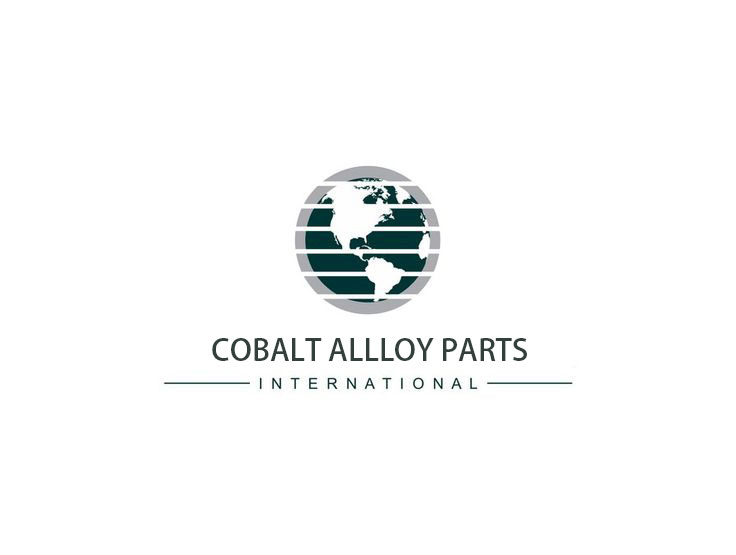
Application of Cobalt Alloy Blades in Tomato Paste Production Lines
2025-11-07 09:00There are multiple processes, including crushing, pulping, concentration, and homogenization, in tomato paste production lines. The performance of some of the blades directly determines production efficiency, product quality, and food safety. In the acidic environment of tomato pulp (pH 3.5-4.5), carbon steel or stainless steel blades face significant challenges. High-viscosity materials cause rapid wear, while acidic conditions lead to corrosion and rusting. The breakage of blades requires frequent shutdowns for blade replacement, but also poses risks of metal shavings contaminating the product. Cobalt alloy blades, however, are well-suited for high-wear, high-demand equipment in tomato paste lines, making them an optimal solution to address the shortcomings of traditional blades.
Core Properties of Cobalt Alloys
Cobalt alloys possess both high-temperature resistance, wear resistance, and corrosion resistance, making them suitable for the tomato sauce production environment. The presence of dispersed hard phases (such as tungsten carbide and chromium carbide) in cobalt alloys gives them a hardness range of HRC 35-60 (the hardness range varies depending on the grade). This hardness allows the blades to remain sharp even after prolonged friction with fibrous tomato material, making them ideal for high-frequency cutting components such as chopping and pulping blades. The chromium in cobalt alloys forms a dense chromium oxide passivation layer on the surface. This passivation layer resists the erosion caused by acidic tomato pulp and acid/alkaline cleaning solutions, preventing issues such as rust or localized corrosion. Cobalt alloys meet food contact safety standards, making them suitable for components that come into prolonged contact with fruit pulp, such as scrapers.
Cobalt Alloy 6K is a popular grade for blades in the food processing industry. It has been used in practical applications, such as tomato pulp grinding and pulping, where its edge life significantly outperforms that of traditional materials.
Selection and Usage Considerations for Cobalt Alloy Blades
To maximize the performance of cobalt alloy blades, four key factors should be considered based on equipment requirements and application scenarios:
Specification Selection Based on Equipment Model and Process Requirements
Prioritize Equipment Information Collection: Request customers to provide details such as equipment manufacturer (e.g., Alfa Laval, Urschel), specific model (e.g., Convap evaporators, UM24 pulpers), and original blade dimensions/hole positions. This avoids installation errors caused by "one-size-fits-all" dimensions.
Grade Selection
For pulping and crushing processes, Cobalt Alloy 6K (a general-purpose wear-resistant grade) is preferred. For wall-scraping blades in concentration processes, Cobalt Alloy 6 (with higher toughness for curved surface friction) is recommended.
Installation Alignment and Clearance Control
During installation, ensure the concentricity error between the blade and the main shaft is ≤ 0.05mm. Adjust the clearance between the blade edge and the fixed knife to 0.1-0.3mm (based on material particle size requirements). This prevents uneven stress distribution, which can accelerate localized wear.
SYTOP's Customized Services
Sample Provision for Unclear Dimensions: If customers lack precise dimension specifications, we can provide cobalt alloy samples for adaptability testing before mass production.
Cobalt Alloy Cladding Service: For customers' existing stainless steel blades, we offer cobalt alloy overlay welding (cladding) services. Refurbished blades achieve a service life comparable to that of brand-new cobalt alloy blades, thereby reducing replacement costs.
Conclusion
In tomato paste production, cobalt alloy blades not only solve the problems of traditional blades but also are compatible with equipment from major manufacturers, such as Alfa Laval, Urschel, and GEA. As tomato paste production trends toward high-speed and continuous operations, demands for blade wear resistance and corrosion resistance will further increase. The application scope of cobalt alloy blades is expected to expand to more critical processes, solidifying their role as a reliable choice for efficient and safe tomato paste production.
